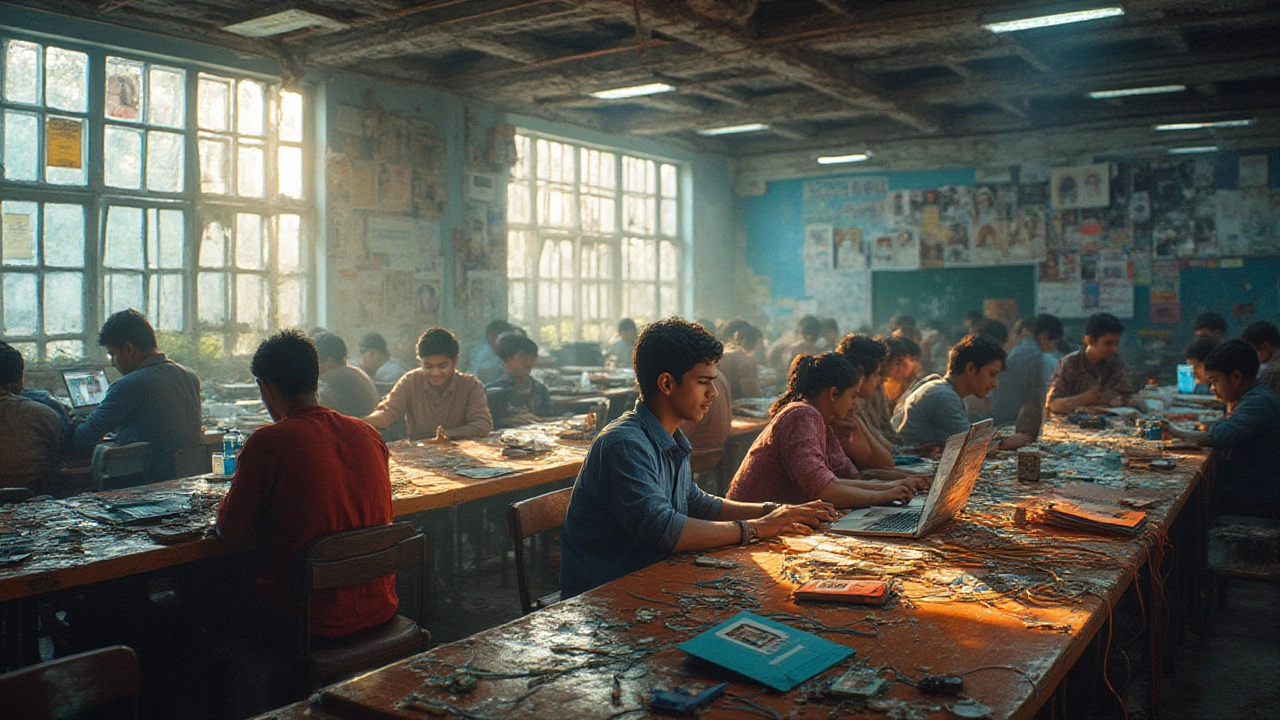IIT Engineering Branches – What You Need to Know
If you’re aiming for an IIT seat, the biggest question after cracking JEE is “Which branch should I choose?” The answer depends on your rank, interests, and where you see yourself working. This guide breaks down the main branches, what they study, and the jobs they lead to, so you can make a confident decision.
Core Branches and Their Focus
Mechanical Engineering deals with machines, thermodynamics, and manufacturing. You’ll spend time in workshops, learn about CAD tools, and study heat transfer. Graduates often land jobs in automotive, aerospace, and heavy‑industry firms.
Civil Engineering covers construction, structural analysis, and urban planning. It’s a good fit if you like designing bridges, highways, or skyscrapers. Public‑sector projects and consulting firms hire many civil engineers.
Electrical Engineering focuses on circuits, power systems, and electronics. You’ll work with everything from tiny chips to national grids. Careers range from power utilities to semiconductor companies.
Computer Science & Engineering (CSE) is all about algorithms, programming, and AI. This branch has the highest average salary and the most startup opportunities. If you love coding and solving logical puzzles, CSE is a clear pick.
Chemical Engineering mixes chemistry with process design. You’ll study reactors, material balances, and plant safety. Graduates find roles in pharma, petrochemicals, and food processing.
Other popular tracks include Aerospace Engineering (designing aircraft and spacecraft), Metallurgical Engineering (metal processing and corrosion), and Biotechnology (genetics, bio‑processes). Each has a niche industry and specific skill set.
Choosing the Right Branch for You
First, check the rank cut‑offs for each branch at your preferred IITs. Higher‑ranked branches like CSE and Electrical usually need a top‑200 JEE rank, while Mechanical or Civil may accept ranks up to 2,000 depending on the institute.
Next, match the subject matter with what excites you. Do you enjoy building things with your hands? Mechanical or Civil might click. Are you fascinated by code and AI? CSE is the way to go. If you prefer working with chemicals or plants, Chemical or Biotechnology will feel natural.Finally, think about long‑term goals. Some branches have clearer salary ladders (CSE, Electrical), while others offer stable government jobs or niche research roles (Civil, Metallurgical). Talk to seniors, read alumni stories, and consider internships to see day‑to‑day work.
Bottom line: your branch choice should blend rank feasibility, personal interest, and career outlook. Use this info, compare cut‑offs, and trust your gut. The right branch will keep you motivated throughout the four‑year course and beyond.
Which IIT Branch Is Actually the Hardest? Breaking Down the Challenge
Curious if Computer Science or Electrical at IIT is really the toughest? Get real stories, facts, and insider tips on what makes one branch harder than another.
